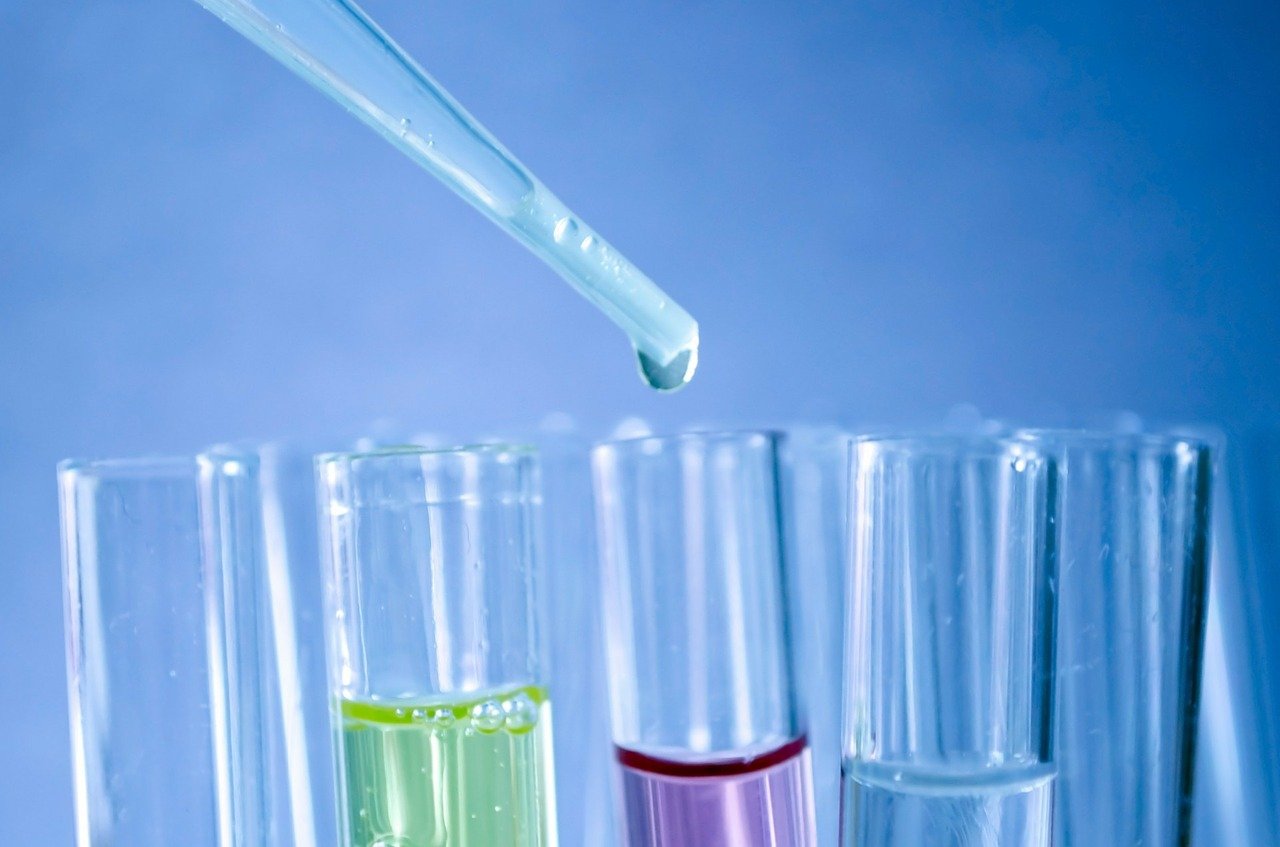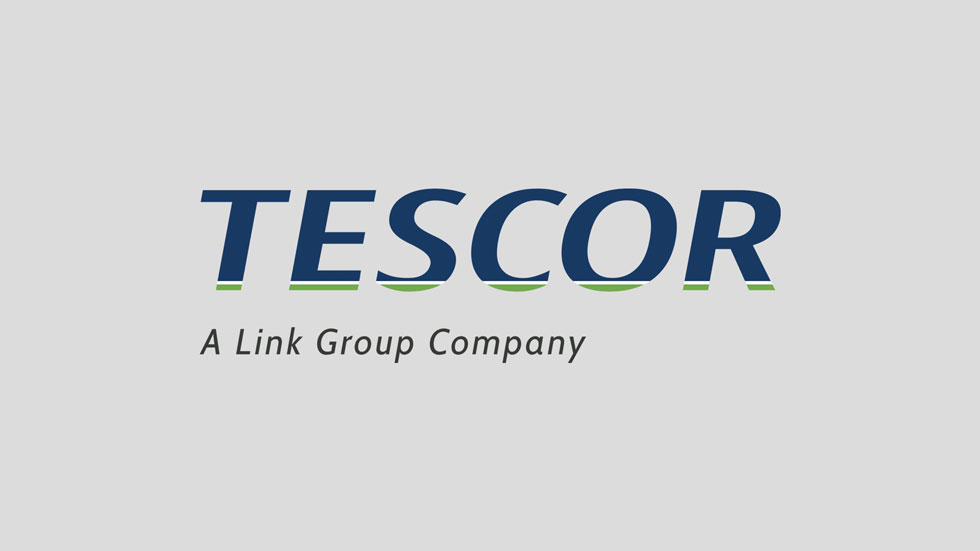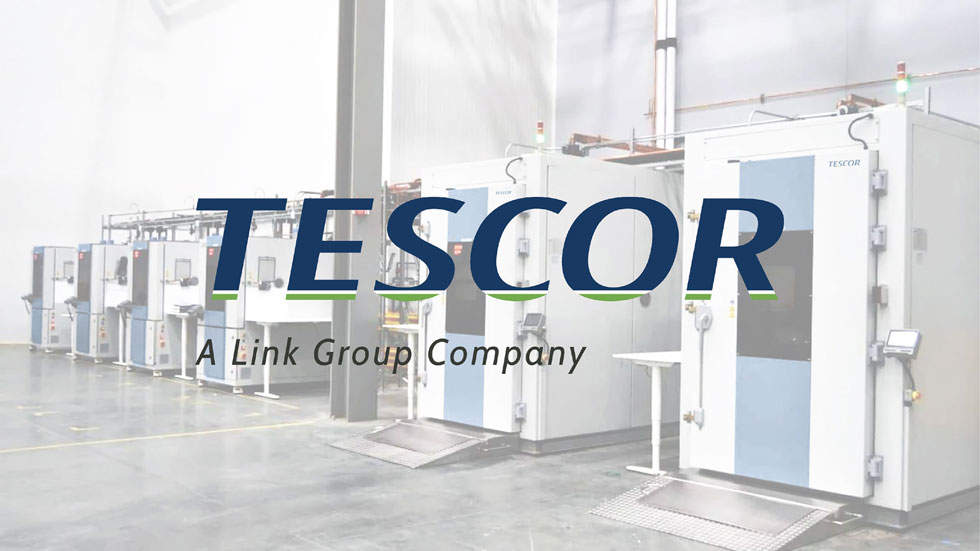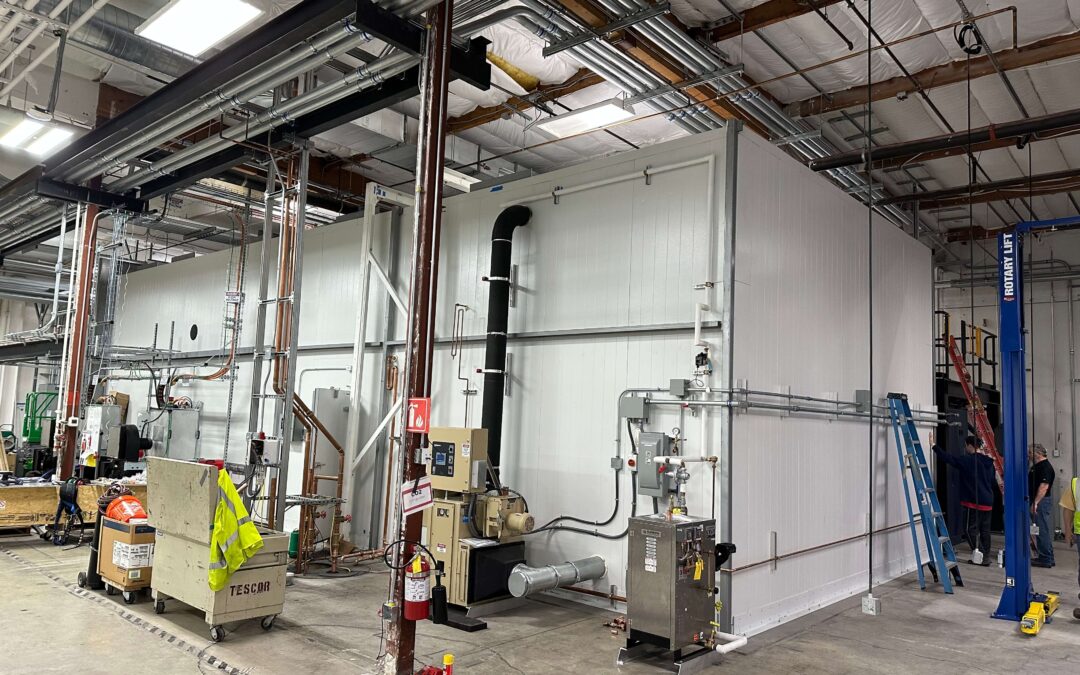Update (01/07/13): Link Engineering’s Chemical Laboratory becomes NSF- and AMECA-approved as a third-party testing facility per SAE J2975:2011.
Late last year, Link Engineering completed the formal process to become the first independent testing facility in the United States to meet NSF and AMECA requirements regarding chemical evaluation for heavy metals and asbestos fibers per SAE J2975:2011.
These approvals confirm Link’s ability to (a) meet all the applicable requirements of the ISO 17025:2005 for testing laboratories using an ILAC signatory of the Mutual Recognition Agreement; (b) demonstrate managerial and technical expertise to conduct testing per SAE J2975:2011 on a regular basis; and (c) comply with the specific requirement of both independent registrars for heavy metals on friction materials per the applicable California and Washington state rules and requirements.
For a formal test quote please contact John Ligerakis at j.ligerakis@linkeng.com
For technical questions please contact Radek Markiewicz at r.markiewicz@linkeng.com
Original News Release:
“It was a natural extension to our ISO 17025-accredited listing of testing services specialized and focused on the automotive industry” commented Tim Duncan – Vice-President of Global Testing Operations for Link Engineering Co. He went on to confirming that “Link’s approach to implementing this brand-new testing service was to establish a single-source process, from debris extraction to final report indicating the level of conformance to the Washington and California state rules and regulations for copper, heavy metals, and asbestos traces.”
Automakers, wholesalers, dealers, distributors, and manufacturers of friction materials selling product into the U.S. can use a single-source supplier to obtain/secure their AMECA friction test for edge code and environmental verification of state requirements for regulated metals and asbestos. Supplying Link Engineering Company’s testing laboratory with two sets of brake pads provides all that is needed to complete both evaluations and compliance testing -friction level, heavy metals, and asbestos.
SAE J2975 friction material testing and its report with the environmental letter coding (A, B, or N depending upon the percent-by-weight values covered on the states’ rules) per SAE J866 are valuable tools to:
– determine the level of compliance to state (California and Washington) rules and regulations for heavy metals and asbestiform fiber content
– compare different friction material formulations, production batches, or manufacturing sites
– support the declaration of conformity requirements for vehicle manufacturers, distributors, wholesalers, retailers, installers, and friction material suppliers
Link’s debris extraction per SAE J2975 drilling and layout parameters using CNC automated drilling is standardized and efficient for common friction material’s applications (FMSI’s D-numbers), ensures uniform and repeatable drilling to minimize results variability from different drilling techniques, and provides a chain-of-custody and traceability to the original sample while eliminating the delays from outsourced drilling (or manufacturer’s internal drilling process).
The latest-technology CEM™ microwave digestion for rapid, high-pressure, high-temperature preparation of samples for ICP-OES uses encapsulated vessels with acid mix per SAE/EPA standard method and relies on a 1,200 W; 2,45 MHz high-frequency; 800 psi (54 atm), and 240 °C system. Link’s Chemical Laboratory’s microwave performs real-time monitoring, automated cycle, and fixed digestion time.
The brand-new ThermoScientific™ inductively coupled plasma and optical emission spectrometry (ICP-OES) for simultaneous analysis of large number of trace elements includes: an auto-sampling system for automated batch operation (including quality control blanks and spikes for each analyte) and a charge-injection device with solid-state camera with large dynamic range and dual-wavelength measurement capabilities. To detect Chromium VI (Cr+6) Link uses alkaline digestion and an absorption spectrophotometer unit.
Asbestiform fiber detection uses a Nikon™ polarized light microscopy (EPA-PLM) with a high-resolution digital imaging system and control software, a 1,000-point-count techniques with birefringence and dispersion staining techniques, and documents the fiber finding with digital pictures as part of final test report
Lastly, our international network of testing facilities allows local interaction with customers outside the U.S.
Single-source for entire testing to support declaration of conformity (self-certification) without dealing with multiple laboratories and duplicate logistics and shipping costs
Entire sample preparation (coupon for friction test and debris for chemical element measurements) and testing process within Link to avoid variation due to different sample (and debris) preparations
Friction and chemical laboratories specialized on friction material testing and measurements
The two states currently with limits and future bans on heavy metals and asbestiform fibers on friction materials are California and Washington.
The industry and different organizations (including the Brake Manufacturers Council) are cooperating with state ecology departments to educate the public and to gain consensus with federal agencies for a comprehensive endorsement of current state rules.
Antimony, nickel, and zinc, will be initially measured and monitored, but not regulated.
Link Engineering is a global testing system and third-party testing service supplier for automotive, commercial vehicle, rail, and aircraft brake, wheel-end, and suspension systems. Founded in 1935, Link has testing facilities in the U.S., Brazil, China, Germany, and South Korea. Link Engineering provides testing in-vehicle, inertia dynamometers, and sample testing systems to automakers, tier-1, tier-2, and aftermarket suppliers.
Link Engineering’s Chemical Evaluation laboratory in Dearborn, MI is accredited to ISO 17025:2005 with SAE J2975:2011 on its scope, meeting the requirements for third-party testing laboratories per the current Washington state Better Brakes Rule. Link Engineering’s Laboratory is approved by AMECA. For more information and to access actual forms regarding the initial baseline reporting to meet the Washington requirement due January 1st, 2013, please visit http://www.ameca.org/guides-and-lists/publications-compliance-list/forms/.
For further details and to coordinate testing please call us at +1-734-453-0800 or email us at sales@linkeng.com.
Link Engineering Company – Chemical Evaluation Laboratory
Dearborn, MI
